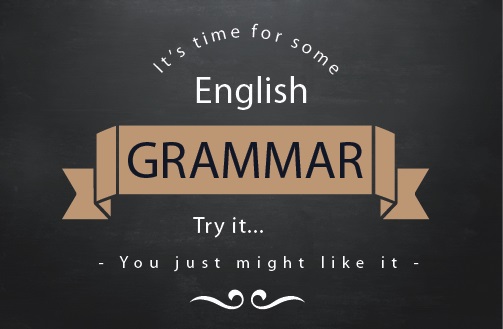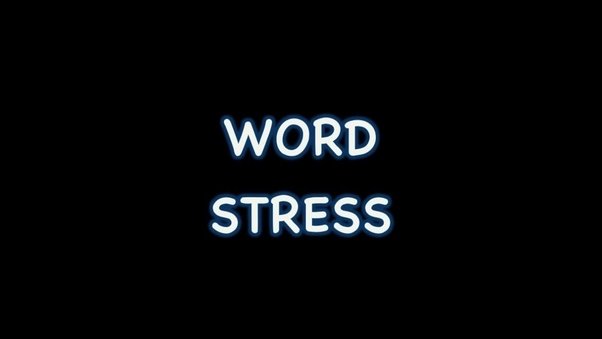Back to: ENGLISH LANGUAGE JSS 2
Welcome to Class !!
We are eager to have you join us !!
In today’s English Language class, We will be discussing Synonyms. We hope you enjoy the class!

Topics
- Grammar: Vocabulary: Synonyms
- Writing: The Responsibilities of Government
- Listening Comprehension: Main Points of a News Broadcast.
- Speech Work: Consonant Contrast: /ð/ and /d/, /θ/ and /t/
- Literature: Inspiration
A. Grammar: Vocabulary

Content: Synonyms
Synonyms are words of similar meanings.
Example:
Abandon – desert, forsake
Accord- harmony, agreement
Afraid – frightened, sacred
Ally- accomplice, friend, partner
Bright- brilliant, clear, intelligent
Charity- benevolence, philanthropy
Dangerous- hazardous, perilous, risky
Educate- guide, instruct, teach
Fertile- fecund, fruitful, productive
Hate- abhor, detest, loathe
EVALUATION
Give the synonyms of these words: candid, glowing, oversee, abundant, impolite, strange, endeavour, flimsy, elegant, try.
B. Writing

Content: The Responsibilities of Government.
In this lesson, you are expected to broaden your imagination n the duties of the government. Discuss in detail the social, moral and other responsibilities of any government in power.
Note: You are to start off by giving us the definition of government and cite examples of good and well-known governments of the world.
Evaluation
Write extensively on the topic. The Responsibilities of Government
Reading Assignment
Exam Focus, (English Language) P. 18
C. Listening Comprehension
Content: Main Points of a News Broadcast
Listen attentively to a news broadcast by your teacher. At the end, answer the evaluation questions.
D. Speech Work

Content: Stress is an extra force used when pronouncing a particular word or syllable. In other words, ‘stressing’ a syllable means giving it more force, making it louder, longer and higher in pitch than other syllables.
In English, there is a large number of words that can be both noun and verb. e.g. Export, rebel, subject, increase, etc. when such words are nouns, the first syllable is stressed, when they are verbs, the second syllable is stress. Such stressed syllables are written in capitals as in the following:
Rebel (Noun) – reBEL (verb)
IMport (Noun) – imPORT (verb)
CONvict (Noun)- conVICT(verb)
OBject(Noun) – obJECT (verb)
Some three-syllable words are stressed on the second syllable.
e.g. enJOYment
draMAtic
adVANtage
imPORTant, etc.
The following words are stressed on the second syllable:
reSPONsible seCUrity
enVIronment inDIScipline
reMARKable parTIcular
sucCESSfully eMOtional
Sound: Consonant Contrast
Content :
/t/ and /θ/
team theme
tank thank
tick thick
torn thorn
tin thin
boat both
sheet sheath
naught north
fought forth
bat bath
/d / and /ð/
Dare there
Bad bathe
Die thy
Day they
Dine thine
EVALUATION
Write ten words for each sound.
E. Literature
Content: Inspiration
In the poem, the poet discusses in detail what inspiration is. The predominant figure of speech here is personification. There are other several figures of speech used.
Evaluation:
- With examples, write out the figures of speech used by the poet in this poem.
GENERAL EVALUATION/REVISION QUESTIONS
- With the aid of your dictionary write 20 words that are stressed on the second syllable.
NB: Ensure that the words cut across nouns, adjectives, verbs and adverbs.
- Indicate the stressed syllable in each of the following words by representing it with capital letters.
a. contain b. remain c. behind d. protest e. transport e. delicate f. quantity
- Write a letter to your sister who plans to divorce her husband, advising her against her decision.
READING ASSIGNMENT
Effective English JSS 2 p. 183
WEEKEND ASSIGNMENT
Use the most appropriate options from the alternatives to fill the gaps in these sentences.
- Nowadays, Nduka ____ a novel every week. (A) read (B) has read (C) reads (D) reading
- The man ____ by the dog. (A) was bitten (B) was bit (C) was bitting (D) was bit
- Fatimah and one other girl now ____ so. (A) thinks (B) think (C) thought (D) thinking
- The little girl fainted in the heat, but she has ____ (A) come up (B) come about (C) come to (D) come off
- She was badly ___ by the sad news. (A) shaken (B) shook (C) shaking (D) shaked
We have come to the end of this class. We do hope you enjoyed the class?
Should you have any further question, feel free to ask in the comment section below and trust us to respond as soon as possible.
In our next class, we will be talking about Antonyms. We are very much eager to meet you there.
